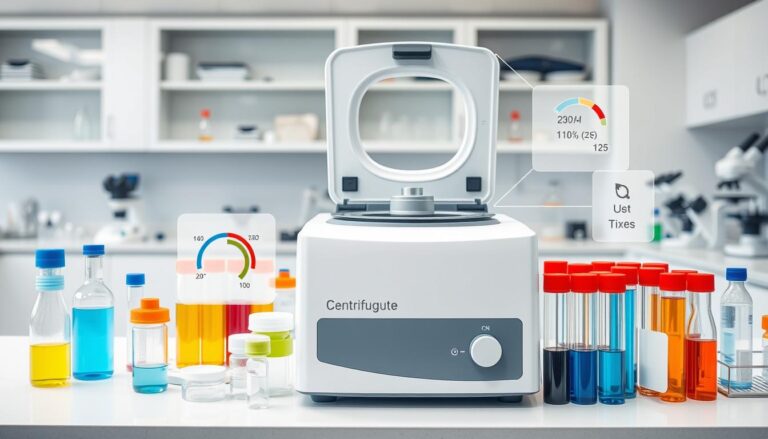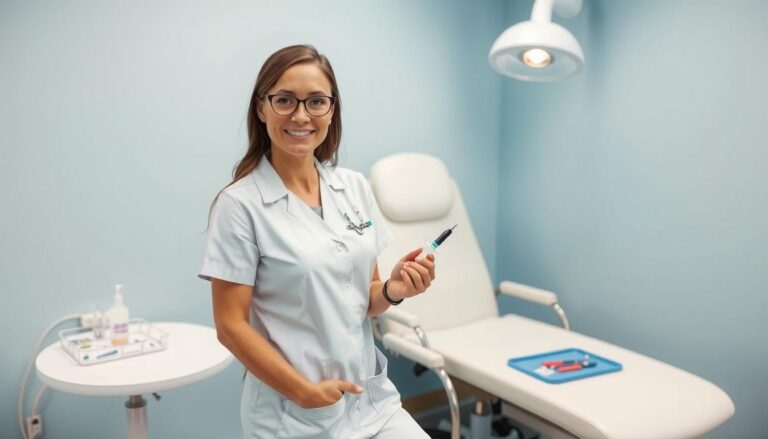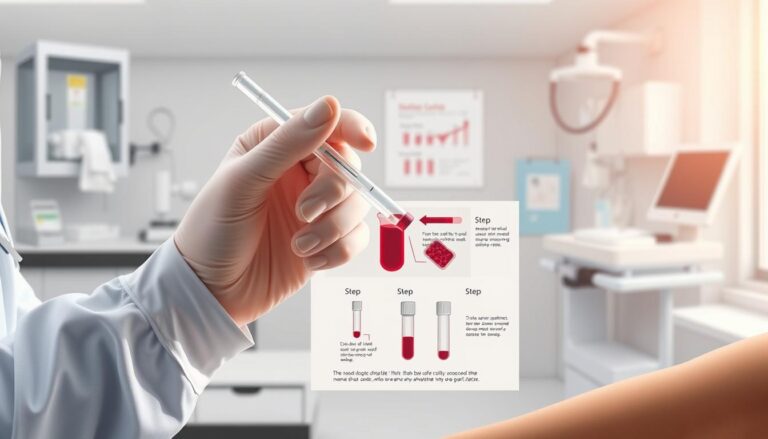Thyroid Screening Tests: When Should You Get Tested?
Many of us wonder when to get a thyroid screening test. The best time can vary based on our age, medical history, and risk for thyroid diseases. With about 20 million Americans having thyroid issues, knowing when to get tested is key.
Thinking about when to start thyroid screening is important. The timing can affect our health. We should consider our health, family history, and any symptoms we have. This way, we can manage our thyroid health better.

So, when should we get tested? It depends on our personal situation and risk factors. In this article, we’ll look at different thyroid tests and when to get them. We’ll also talk about the best times for these tests.
Understanding Thyroid Screening Test When to Start
We need to know the best time for a thyroid test to keep our thyroid healthy. The right time for thyroid screening depends on age, medical history, and risk factors. The question of when to get a thyroid screening is common. The answer is in recognizing signs and symptoms of thyroid issues.
A thyroid blood test at the right time can catch and treat thyroid problems early. The American Thyroid Association suggests adults over 35 get tested every 5 years. But, those with a family history of thyroid issues or radiation exposure might need to test sooner.
Signs like weight changes, fatigue, and appetite shifts are important to watch. Also, people with diabetes, pregnant women, or those planning to get pregnant might need more frequent tests.
Talking to a healthcare professional is key to find out when to test your thyroid. Knowing when to test and the best time can help us stay proactive about our thyroid health. This ensures we get the right tests and treatments.
| Age Group | Recommended Screening Frequency |
|---|---|
| Adults over 35 | Every 5 years |
| Pregnant women | During early pregnancy |
| Individuals with a family history of thyroid disorders | Early screening, as recommended by a healthcare professional |
Essential Factors Affecting Your Thyroid Test Timing
Several factors can affect the accuracy of your thyroid test results. Knowing these factors is key to getting the best time for your test. The timing of your thyroid screening can be influenced by the time of day, what you eat, and your medications.
Thyroid hormone levels change throughout the day. They usually peak in the morning.
To schedule your thyroid screening well, consider these points:
- Time of day: Thyroid hormone levels peak in the morning.
- Dietary considerations: Certain foods can interfere with thyroid medication absorption.
- Medication use: Some medications, like corticosteroids, can affect thyroid function.
Talking to your healthcare provider is important. They can help find the best time for your test, based on your situation and medical history. This way, you can get accurate results and keep your thyroid healthy.
Optimal Times and Conditions for Thyroid Testing
Getting the right timing for thyroid tests is key for accurate results. The best time to test is in the morning, when hormone levels are highest. This is because hormone levels naturally peak between midnight and 8 am.
It’s important to plan your test appointment time carefully. Also, avoid eating foods high in iodine before testing. The frequency of tests can change based on your health risks. Always talk to a doctor to find out what’s best for you.
The American Thyroid Association suggests testing adults every 5 years, starting at 35. But, this can change based on your family history or health conditions. Knowing when and how to test your thyroid helps you stay on top of your health.
Conclusion: Making Informed Decisions About Your Thyroid Health
Timely thyroid screening tests are key to good health and managing thyroid issues. Knowing when to get tested helps keep your thyroid health in check. This way, you get the right care to stay healthy.
Regular thyroid screening helps doctors catch problems early. This lowers the chance of serious issues. We’ve talked about the best times for tests and how to get accurate results. Being proactive and informed is the first step to better health.







